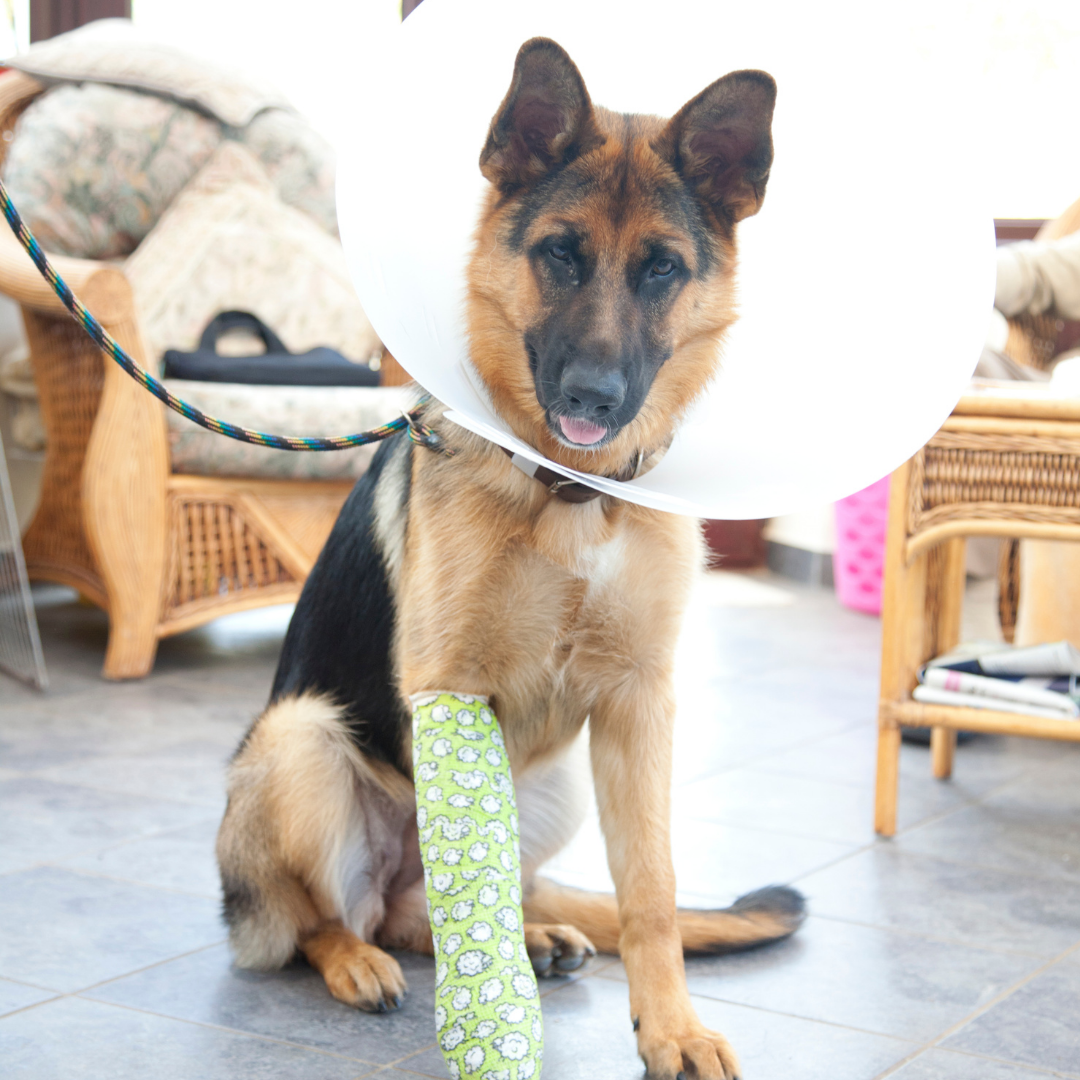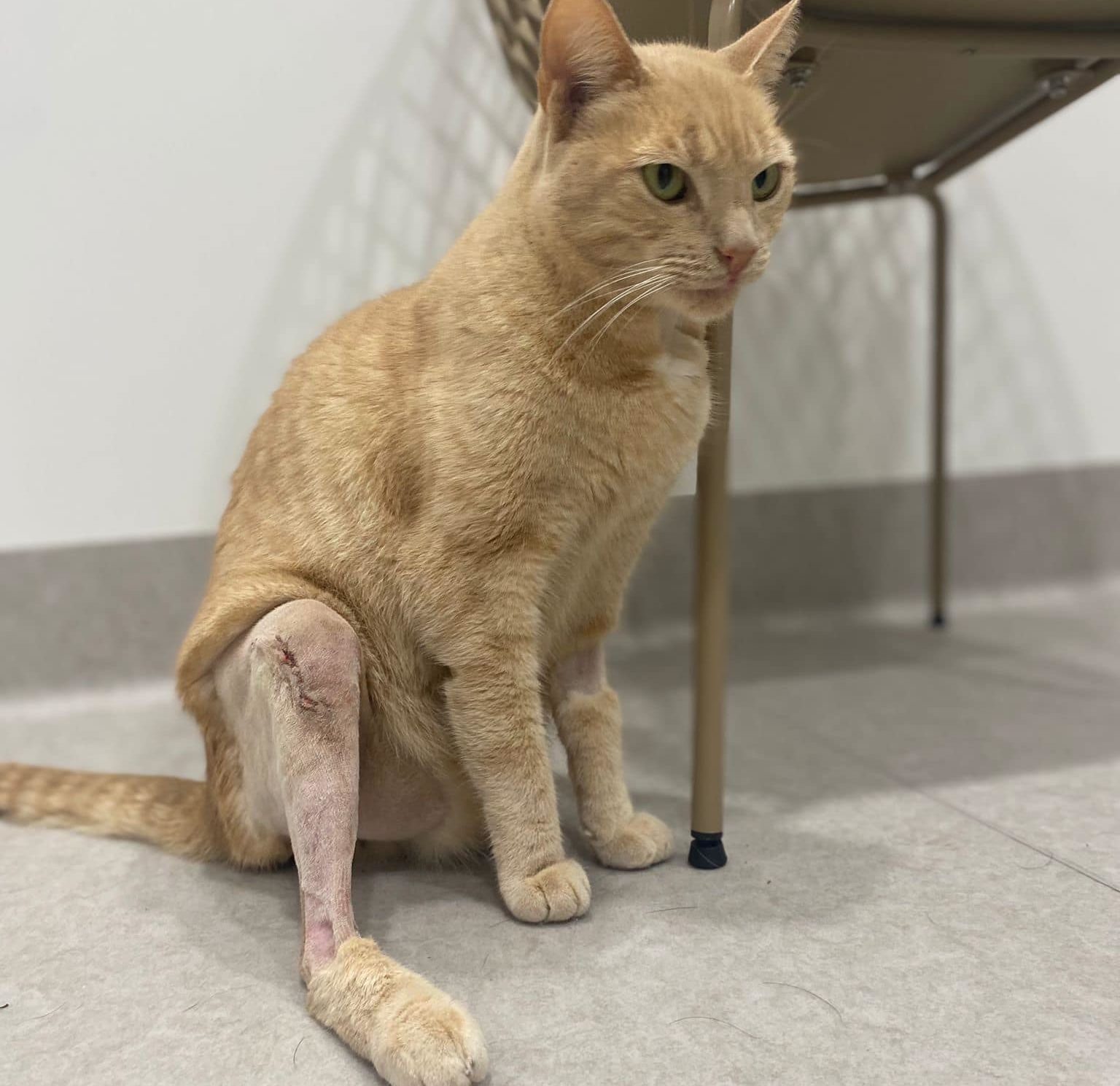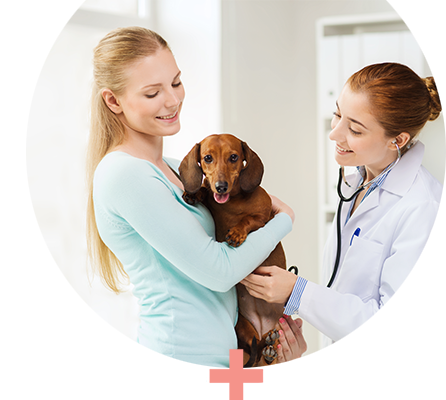So your pet’s been for their surgery and is now allowed to come home. While you already prepare them for surgery it’s important to know what to expect after your pet’s surgery in order to help ease any worries and make sure that your furry friend recovers quickly and safely.
In this blog post, we will outline some tips for what to expect after pet surgery.
Caring for your pet after surgery
Caring for your pet after surgery can be done by following these tips:
Pain Management: Your vet will likely prescribe medications to manage pain associated with the surgical procedure. Follow your vet’s instructions on when and how to administer the medications. If you notice any signs of discomfort in your pet, such as whimpering during movement or lying in unusual positions, contact your vet.
Activity Restrictions: Your pet may need to rest more than normal after surgery so it is important to limit their activity for the first few days. This includes restricting their access to the outdoors and avoiding exercise, stairs, and other strenuous activities.
Follow-up Appointments: Your vet may recommend follow-up appointments after surgery in order to monitor your pet’s progress. Doing this is a necessary part of recovery and should not be missed.
General Care: Make sure to continue with regular grooming, brushing and teeth cleaning as soon as your pet is able. Make sure you keep an eye on the surgical site for any signs of infection or other complications. If anything looks amiss, contact your vet right away.

Dog recovering from surgery
With some proper care and rest, the recovery process will go smoothly. Here are 3 things you can do to help your dog recover from surgery:
1. Give them time to rest and relax
After any surgery, it’s important to give your pup a chance to rest. Make sure they have a comfortable place they can relax and recover that is away from other pets or children. Restrict their activity and exercise during the recovery process, especially if the surgery was more invasive or delicate.
2. Monitor food intake
Be mindful of what and how much your pup is eating. It’s important to make sure they are getting enough nutrients during their recovery period, so offer them plenty of nourishing food that won’t upset their stomach.
3. Keep them clean
Keeping the incision site clean after surgery is very important. You should regularly check their wound for any signs of infection. Your vet will likely recommend specific cleaning products that are safe to use around the incision site.
Additional instruction – Your vet will provide you with the best way to care for your pet depending on their unique situation and any specifics for the surgery they had.
Cat recovering from surgery
Caring for a cat after surgery is just as important as caring for a dog. It’s essential to provide your cat with the necessary medications, rest, and nutrition to ensure a successful recovery.
First of all, make sure to follow any instructions from your veterinarian when it comes to taking care of your cat post Caring for your cat after surgery is essential for a successful recovery. It’s important to provide the necessary medication, rest, and nutrition to help them heal from their surgery.
Caring for dogs after sedation
Taking care of a dog after sedation is critical in order to ensure their recovery. After being sedated, a dog may appear drowsy and disoriented and require extra attention and care.
It’s important to closely monitor the dog’s respiratory rate, heart rate, and other vital signs to ensure they are progressing. Your vet may also provide you with special instructions such as limiting their activity levels or providing certain medications to help them recover.

How to make your dog comfortable after surgery
One of the best ways to do this is to surround your pet with familiar items such as their bed, toys and blankets. This will help them feel secure in what can be a stressful time for them. It’s also important to provide them with plenty of rest; limit activity levels in order to reduce the risk of further injury or discomfort.
Surgery aftercare from Plus One Vet
Now that you know what to expect after your pet’s surgery your pet should be in good hands to recover to their normal selves. At Plus One Vet, we understand the importance of post-operative care. Our experienced team will monitor your pet’s vital signs for any changes and provide you with expert advice on how to best look after your pet during recovery.
Contact us If you have any concerns about your pet’s health following surgery, our staff are always available to answer questions or provide additional support.



